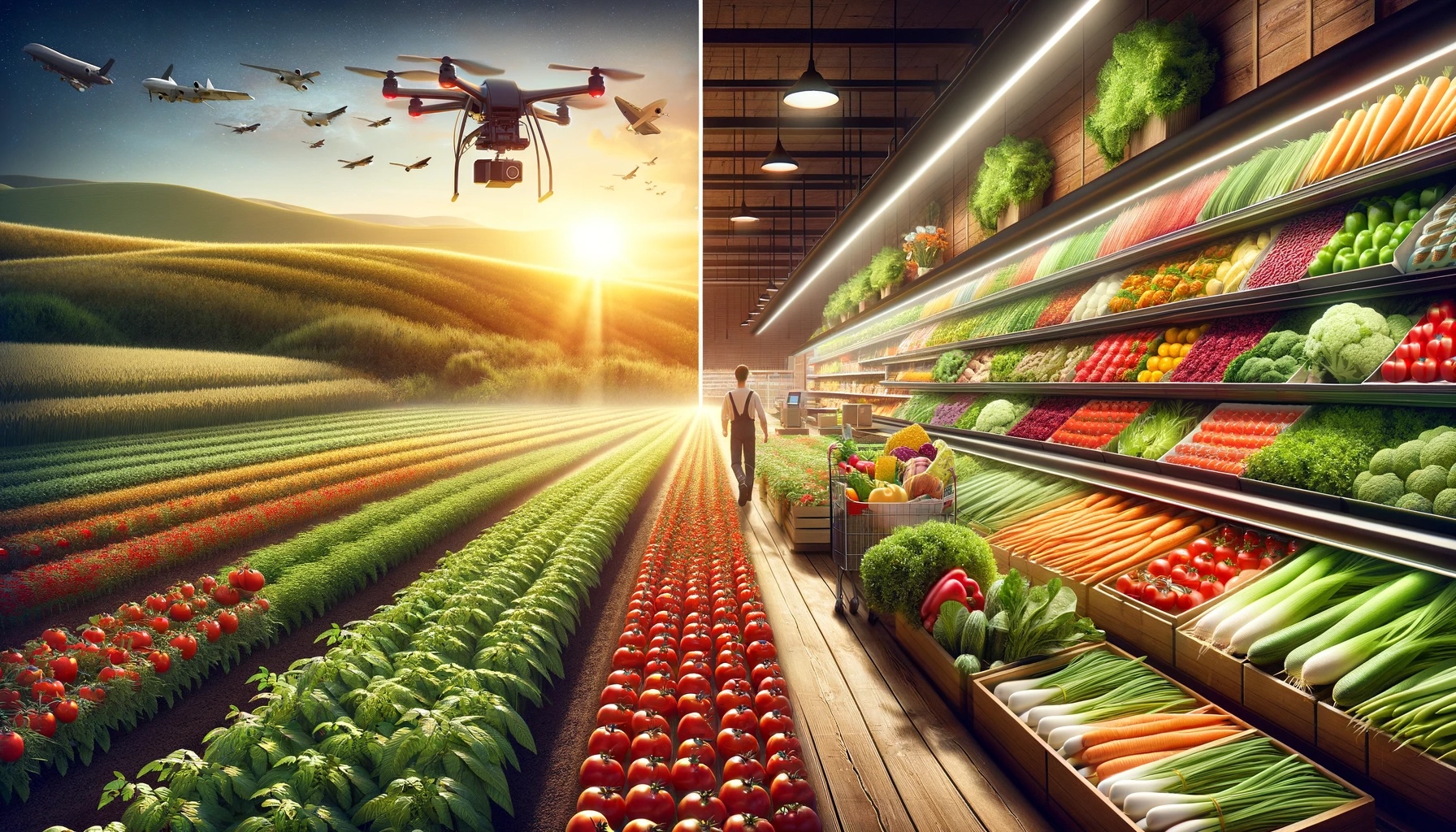May03

In the realm of global sustainability, one of the most critical challenges we face today is the efficient management of our food supply chains. Not only does this affect the availability and quality of food, but it also has significant environmental impacts. As we discussed in a recent episode of the Sustainable Supply Chain Podcast with Pat McCullough, CEO of ProducePay, the integration of capital and technology can play a pivotal role in reducing waste in the global produce supply chain.
The Scale of the Problem
Globally, approximately one-third of all food produced is lost or wasted, which amounts to about 1.3 billion tonnes per year. This isn't just a humanitarian concern; it's a substantial economic loss and a needless contributor to greenhouse gas emissions. In the realm of fruits and vegetables, the waste percentage can be even higher due to perishability and handling issues during transport and storage.
Insights from the Podcast
During the podcast, McCullough shared how ProducePay is addressing these challenges by providing capital to farms and leveraging technology to improve the efficiency and reliability of produce supply chains. ProducePay's model helps reduce the time produce spends in transit and storage, which is crucial for perishable items. By financing growers and investing in technology that optimises the harvesting, packaging, and transportation processes, they help ensure that produce reaches markets in optimal condition, thus reducing waste.
By Tom Raftery
Keywords: Finance, Supply Chain, Sustainability
 The Corix Partners Friday Reading List - June 28, 2024
The Corix Partners Friday Reading List - June 28, 2024 Friday’s Change Reflection Quote - Leadership of Change - Change Leaders Embrace a Forward-Thinking Mindset
Friday’s Change Reflection Quote - Leadership of Change - Change Leaders Embrace a Forward-Thinking Mindset Is Your AI API a Ticking Time Bomb? Navigating the Cybersecurity Minefield
Is Your AI API a Ticking Time Bomb? Navigating the Cybersecurity Minefield Leadership Lessons from Taylor Swift: Inspiring Success in Dublin and Beyond
Leadership Lessons from Taylor Swift: Inspiring Success in Dublin and Beyond Exploring Universal Consciousness: Dialogues on the Mysteries of Mind and Cosmos
Exploring Universal Consciousness: Dialogues on the Mysteries of Mind and Cosmos